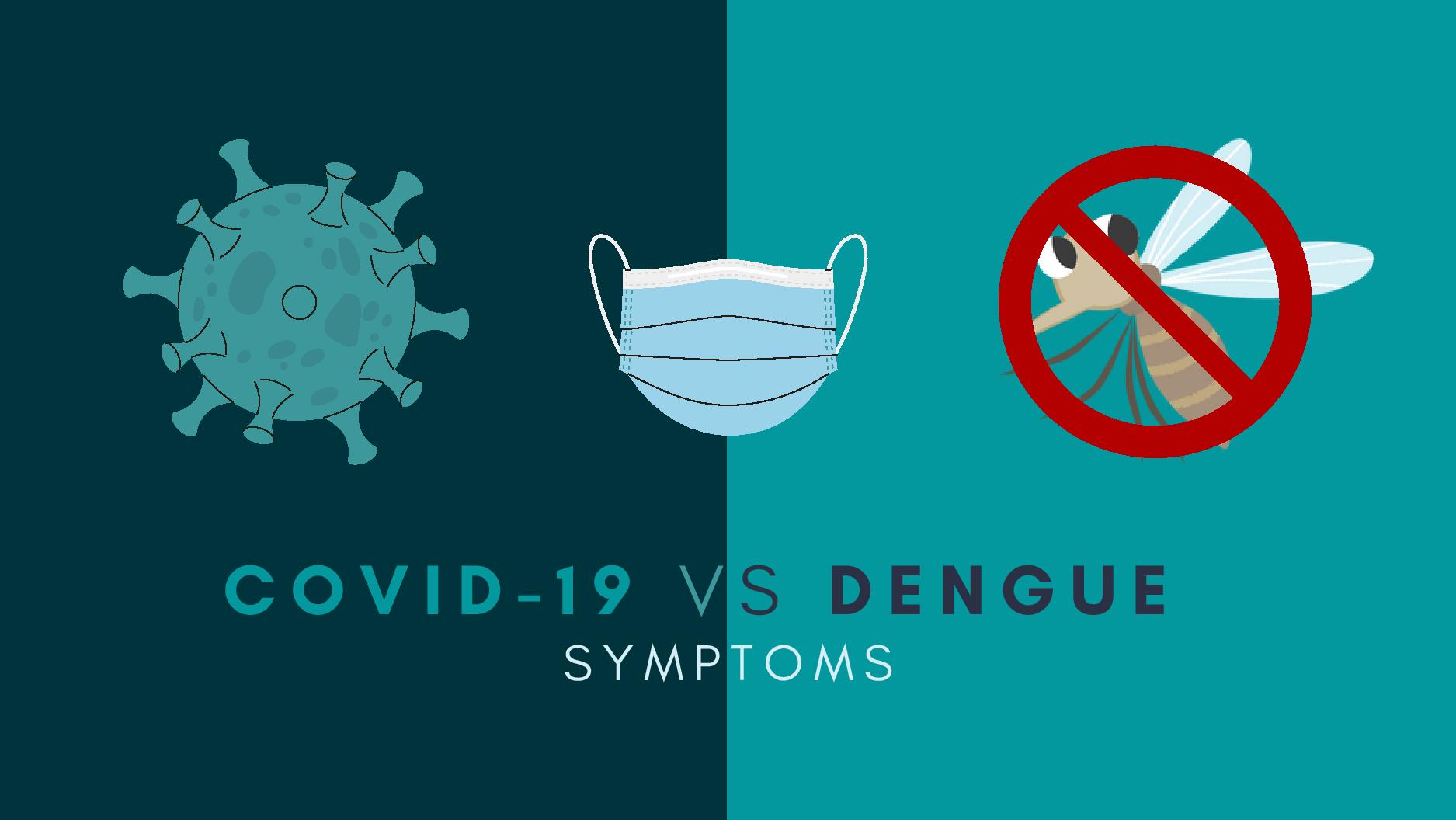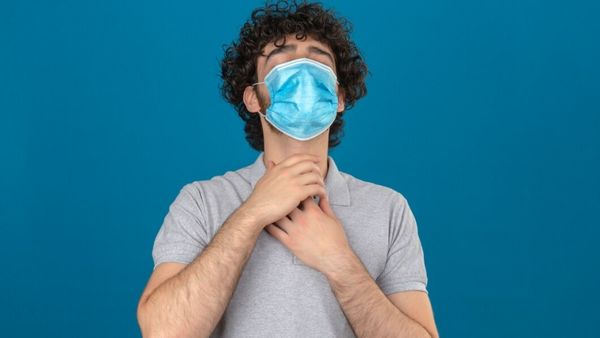Just In
- 1 hr ago

- 2 hrs ago

- 4 hrs ago

- 5 hrs ago

Don't Miss
- Education
 UPSC CAPF 2024 registration begins; Apply online for 506 Assistant Commandant posts, Know more
UPSC CAPF 2024 registration begins; Apply online for 506 Assistant Commandant posts, Know more - Technology
 Honeywell Trueno U5100 Review: Quality Audio Meets Comfortable Design at an Oh-So Reasonable Price
Honeywell Trueno U5100 Review: Quality Audio Meets Comfortable Design at an Oh-So Reasonable Price - Automobiles
 Gujarat Targets Unauthorized White Headlights To Boost Road Safety
Gujarat Targets Unauthorized White Headlights To Boost Road Safety - News
 417 Out Of 1192 Candidates In Phase 2 Of Polls Face Criminal Cases, Most From BJP: ADR Data
417 Out Of 1192 Candidates In Phase 2 Of Polls Face Criminal Cases, Most From BJP: ADR Data - Movies
 Kashmera On Welcoming Govinda At Arti Singh’s Wedding: He Might Have A Problem With Me & Krushna But…
Kashmera On Welcoming Govinda At Arti Singh’s Wedding: He Might Have A Problem With Me & Krushna But… - Sports
 103 Not Out: S Ramdas - 103-year-old CSK fan fondly called 'Senior Valiban' - aspires to meet MS Dhoni
103 Not Out: S Ramdas - 103-year-old CSK fan fondly called 'Senior Valiban' - aspires to meet MS Dhoni - Finance
 Rs 44,000 Crore M-Cap Lost, Stock Falls 10%, No More 4th Largest Bank; How RBI's Ban Rocked Kotak
Rs 44,000 Crore M-Cap Lost, Stock Falls 10%, No More 4th Largest Bank; How RBI's Ban Rocked Kotak - Travel
 Escape to Kalimpong, Gangtok, and Darjeeling with IRCTC's Tour Package; Check Itinerary
Escape to Kalimpong, Gangtok, and Darjeeling with IRCTC's Tour Package; Check Itinerary
COVID-19 And Dengue Symptoms: Similarities And Differences
The monsoon season brings increased risks of viral, bacterial, and vector-borne infections. In a Lancet report published recently, it was stated that dengue and Covid-19 are difficult to distinguish due to their similarities in clinical and laboratory characteristics [1]. Despite the slight slowdown caused by the COVID pandemic, there are still cases throughout the country. However, vaccination has reduced the severity of the disease.
However, dengue cases in the country have increased in recent years, according to recent reports. For example, Delhi has reported over 300 new dengue infections over the first five days of October, with 693 cases reported in September alone. In addition, the city has recorded over 950 dengue cases within the past 45 days [2].

Additionally, health officials continue to report an increase in dengue fever activity in Karnataka State, where more than 5,390 cases were reported in January. The transmission rate is continuing to increase week-over-week, according to official data. Bengaluru is the most affected area, followed by Udupi, Mysuru, Chitradurga, Koppal, Ballari, and Dakshin districts [3].
COVID-19 Symptoms Vs Dengue Symptoms
Several COVID-19 symptoms, such as fever, chills, muscle aches, fatigue, and headache, resemble vector-borne diseases like dengue, such as high fever, headache, rash, and muscle and joint pain.
As a result, doctors have found that it is difficult to determine whether or not a person suffering from fever, body aches, and headaches are positive for Covid in these circumstances [4].
COVID-19 has now taken a milder course, making it easier for people to mistake it for other illnesses, such as the flu or the common cold. People confuse the symptoms of COVID-19 with dengue as well. A COVID infection is primarily spread by droplets released when an infected person coughs, sneezes, or exhales.
In contrast, dengue is a viral disease transmitted by mosquitoes. Both diseases present several symptoms in the first stages. However, both diseases have the potential to be lethal, so understanding the similarities and differences between them is essential.
According to the Centers for Disease Control and Prevention (CDC), the following are the similarities and differences between dengue and covid [5]:
Incubation period:
Dengue has an incubation period ranging from three to ten days. Typically, the period is between five and seven days.
COVID-19 is known to have an incubation period of 14 days, with symptoms arising on average four to five days after exposure.
Symptoms:
Dengue, in mild to moderate disease, the symptoms include:

- The febrile phase (when the patient develops a high-grade fever suddenly)
- Fever
- Headache with eye pain
- Myalgia
- Nausea
- Vomiting
- Rash
- Leukopenia
Warning signs for severe illness: abdominal pain or tenderness, persistent vomiting, clinical fluid accumulation, mucosal bleeding, lethargy, restlessness, and liver enlargement.
Critical phase: Warning signs may appear, and rapid clinical deterioration may occur within 48 hours after defervescence (3-7 days after fever onset).
COVID, in mild to moderate disease, the symptoms include:
- Fever or chills
- Cough
- Shortness of breath or difficulty breathing
- Fatigue
- Muscle or body aches
- Headache
- Loss of taste or smell
- Sore throat
- Congestion or a runny nose
- Nausea or vomiting
- Diarrhoea
These are the most common signs and symptoms of COVID-19 but are not all-inclusive.
Critical phase: For patients who developed severe illness, the amount of time it took for dyspnoea to occur ranged from 5 to 8 days, and the median amount of time it took for acute respiratory distress syndrome (ARDS) to occur ranged from 8 to 12 days, and the median amount of time it took for ICU admission ranged from 10 to 12 days.
Warning signs:
Warning signs of dengue infection include persistent vomiting, mucosal bleeding, difficulty breathing, lethargy/restlessness, liver enlargement, and progressive haemoglobin concentration increase.
COVID-19 warning signs include difficulty breathing, persistent chest pain, confusion, inability to wake or stay awake, and blue lips or face. This is not an exhaustive list of potential symptoms.
Complications:
In both cases of dengue and COVID-19, complications may occur before the test results are available. Therefore, clinical management should be determined based on the clinical presentation.

On A Final Note...
Although both viruses can infect different types of cells using different pathways, their physiological effects and immunological responses are likely to overlap. Consequently, both infections will probably be more severe than they would be by themselves, which will also adversely affect the overall health of the population.
Because the initial clinical presentation is the same - high fever - it is unlikely that one would be ignored at the expense of the other. Due to all these factors, dengue can be fatal during Covid-19, so all precautions should be taken.

-
 pregnancy parentingMysterious Pneumonia Outbreak In China: What Are The Long-Term Effects Of Pneumonia In Children?
pregnancy parentingMysterious Pneumonia Outbreak In China: What Are The Long-Term Effects Of Pneumonia In Children? -
 healthCan You Get Back COVID-Related Loss Of Sense Of Smell And Taste (Parosmia)? Looks Like You Can!
healthCan You Get Back COVID-Related Loss Of Sense Of Smell And Taste (Parosmia)? Looks Like You Can! -
 healthDid Covid-10 Vaccination Increase Risk Of Sudden Deaths In Young Adults? ICMR Finds This..
healthDid Covid-10 Vaccination Increase Risk Of Sudden Deaths In Young Adults? ICMR Finds This.. -
 wellnessDelhi Air Pollution, Air Quality Very Poor: Do Covid Masks Help Reduce Pollution Side Effects?
wellnessDelhi Air Pollution, Air Quality Very Poor: Do Covid Masks Help Reduce Pollution Side Effects? -
 healthNobel Prize 2023: Scientists Behind The COVID-19 mRNA Vaccines Wins
healthNobel Prize 2023: Scientists Behind The COVID-19 mRNA Vaccines Wins -
 healthWhat Is Disease X? 20 Times More Deadlier Than Covid 19; Can Cause 50 Million Deaths, Does It Have Vaccine?
healthWhat Is Disease X? 20 Times More Deadlier Than Covid 19; Can Cause 50 Million Deaths, Does It Have Vaccine? -
 healthCOVID-19 Vaccines and Heart Attacks: New Studies Show Different Results; What Are They?
healthCOVID-19 Vaccines and Heart Attacks: New Studies Show Different Results; What Are They? -
 healthDo You Pick Your Nose? Stop! It Can Increase COVID Risk
healthDo You Pick Your Nose? Stop! It Can Increase COVID Risk -
 healthEris Variant: WHO Alarms New Covid Wave; Should India Be Concerned About This Pandemic
healthEris Variant: WHO Alarms New Covid Wave; Should India Be Concerned About This Pandemic -
 healthVitamin D Deficiency Linked With Increased Risk Of Long COVID
healthVitamin D Deficiency Linked With Increased Risk Of Long COVID -
 healthCOVID Surge In India: Do You Need A COVID-19 Booster Shot?
healthCOVID Surge In India: Do You Need A COVID-19 Booster Shot? -
 healthCOVID-19: IMA Cites 3 Reasons Behind Recent Surge In Covid-19 Cases: What Are They?
healthCOVID-19: IMA Cites 3 Reasons Behind Recent Surge In Covid-19 Cases: What Are They?


 Click it and Unblock the Notifications
Click it and Unblock the Notifications



